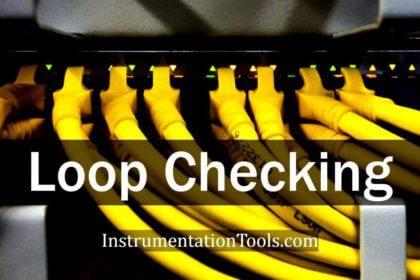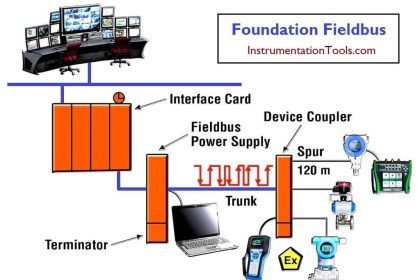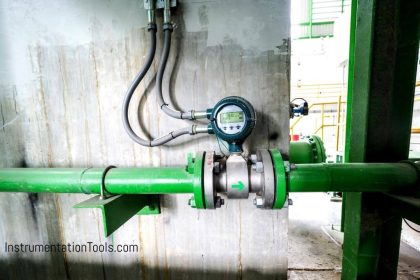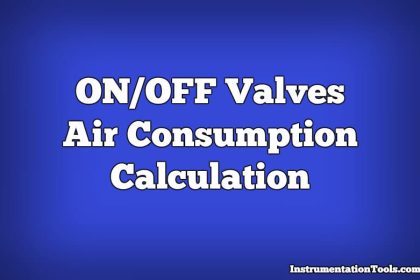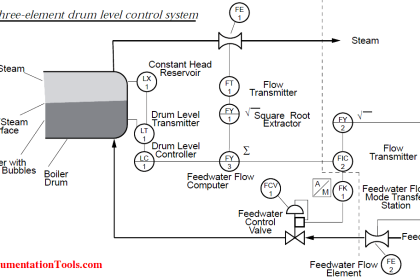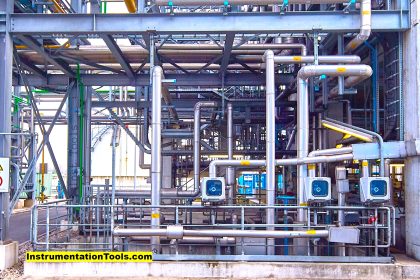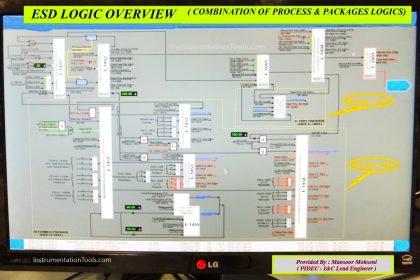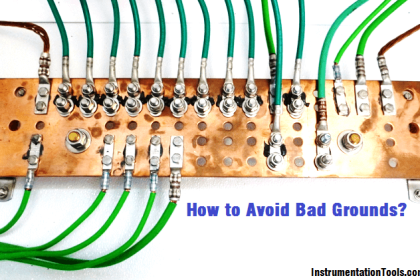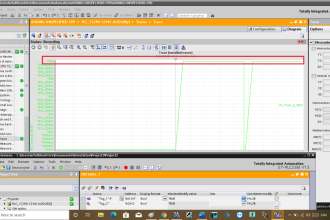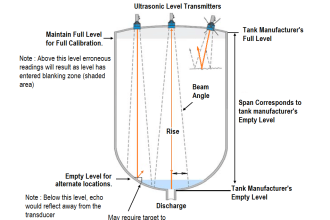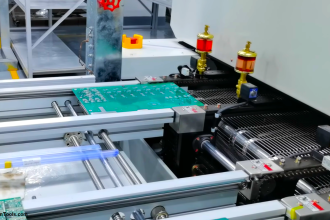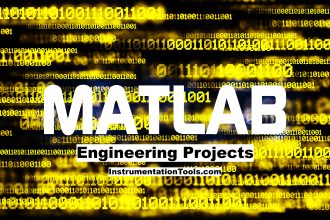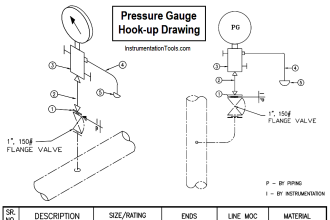Process Control Systems Philosophy is one of the most important concept which shall be provided as cloud environment during Design Phase of Process Plants to make Right Integrity of I&C Documents and Activities, further to guarantee best Plant Performances during Operation & Maintenance phase. In this article we try to find how the interactions may affect the completeness and suitability of Process Control Systems Philosophy.
Process Control Systems Philosophy
Process Control Systems Philosophy is a conceptual phrase for describing the hidden & apparent rules and settings applicable to whole Control & Safety Systems (Hardware & Software) and Instrumentations existed in the Process Plant and expected Signal Interfacings & Functional/ Operational Facilities. On the other hand, Process Control Systems Philosophy may be defined as:
“A collection set of documentary or non-apparent Outlooks/ Observations/ Attitudes, Tactics/ Policies, and Plans/ Prognosticates that specifies different parts/ blocks of control & safety systems and instrumentations existed in process plant and clarifies the reasons for selecting each items (/systems) and relevant signal interfacings further to logics and philosophies for Functional/ Operational Facilities.”
By above definition, we can conclude that Process Control Systems Philosophy can help for defining duties and scope of works of each block (/ system) & its elements or components and identifies the specifications and requirements on supplying those items and their relevant functions.
The Process Control Systems Philosophy can be considered as cloud environment which includes all project requirements and conditions, and accordingly provides a structured requirements, and I&C-Team observers can produce required documents by suitable special view to that structure (see reference article). By considering such cloud environment we will try to review different effective parameters inside it, and also possible interactions for shaping the main structure of it. In order to classify our studies, we divide such investigations by reviewing involvements from two different views.
Process Control Systems Philosophy Involvements From Knowledge View
One of our study reviews may be reviewing the cloud environment by involvement of required knowledge and the effects of different interactions required by this subject. There are many knowledge items included inside the cloud environment, but we categorized them as main titles mentioned in Figure-1.
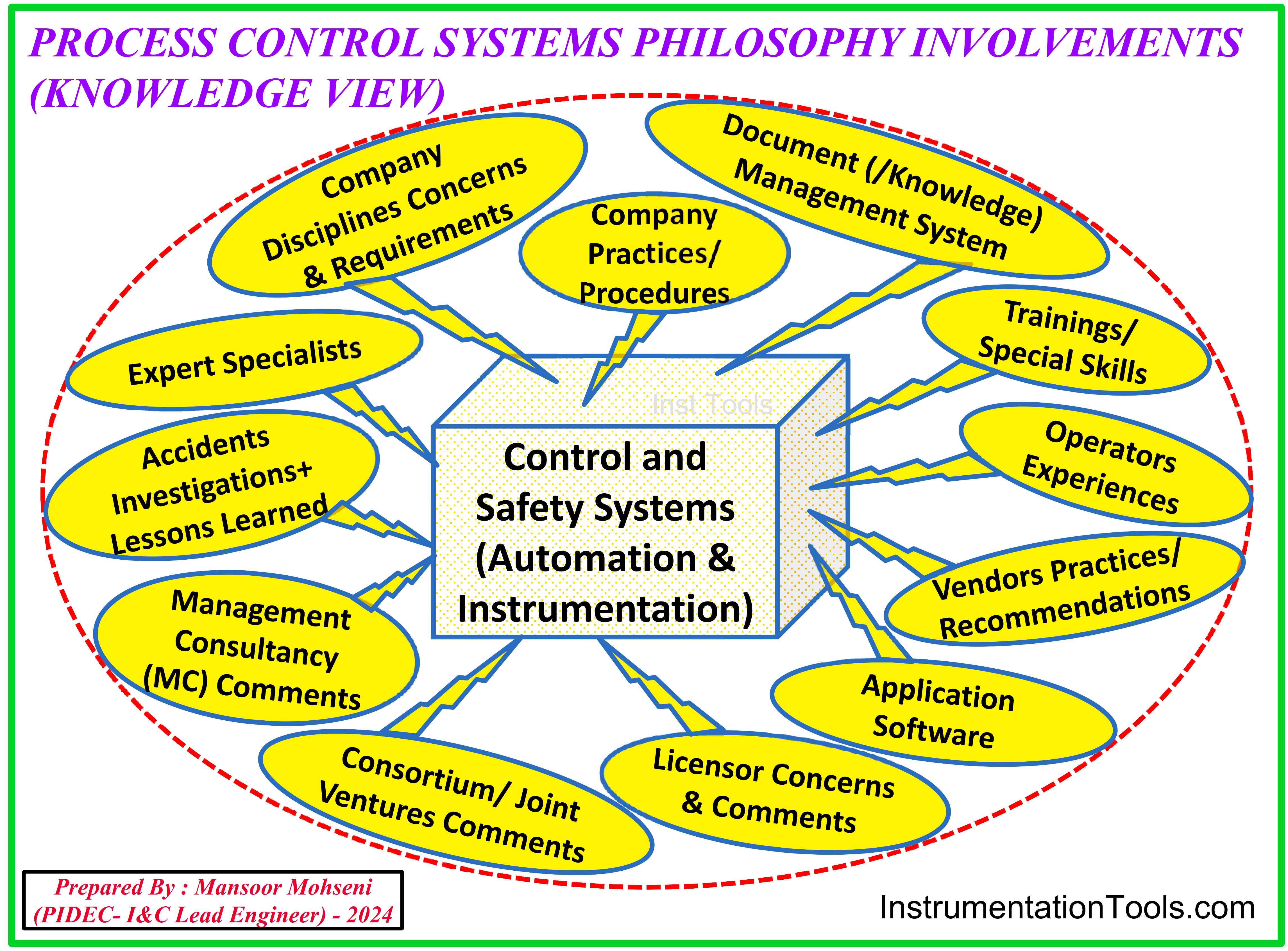
Figure-1: Process Control Systems Philosophy Involvements from Knowledge View.
1. Licensor Concerns
It is clear that the Licensor concerns and considerations is one of the most knowledge items that shall be considered in Process Control Systems Philosophy. Such concerns and considerations may be reflected in Design Basis document which is provided at the Basic Phase of the Process Plant Project, in which general requirements and functionalities of different systems and instruments are defined or specified.
Of course, such document shall be completed and more explained via detailed specifications by clarifications on actual or physical (real) items and conditions of the project (by Detail Design/ Engineering Company).
The best case for this item is where the Licensor is to be engaged in the Detail Design Phase to directly clarify their functionality requirements/ specifications for the Process Plant up to reaching the best case at plant start-up.
However, in some projects instead of engaging, the licensor may provide some help for clarifications on problems or ambiguous points to Detail Design/ Engineering Company up to the start-up phase.
Licensor engagement or providing help during the detailed design/ Engineering Phase of the project completely depends on to type of contract. However, it can be mentioned that the presence of a Licensor during the Detail Design/ Engineering Phase (or even Project Start-up) may have good experiences for the Licensor too, since they may find new (weak/ dark or even positive) sides of their license in order to upgrade their (proposed) Process Plant Performances.
In some Process Plant Projects, the Licensor has special own knowledge (Know-How) for some parts of the project (including detail functionality and specifications/ requirements) which don’t want to publish for others and keep it in their own hands. In this case, at least for that part of the project, the Licensor will engage the Process Control Systems Philosophy in order to specify their requirements as a black box with defined interfacings and interactions with other parts of the project (control systems).
It shall be noticed that in such projects, Process Control Systems Philosophy will have Black Box(es), and details of such item(s) belong to the Licensor. Advance Process Control (APC) which is provided by the Licensor in some process plant projects is a kind of such black box.
(Generally, APC may be designed and provided/ implemented by third party specialist companies by adding some extra equipment/ instruments for system identifications and finding the best settings, but in some projects, Licensor uses their own knowledge to present the best performances).
2. Consortium/ Joint Ventures Comments
When the Process Plant Project is done by a consortium of companies, or the Detail Design/ Engineering Company has joint Ventures, the concerns and comments of all responsible companies shall be involved in the Process Control Systems Philosophy.
3. Management Consultancy (MC) Comments
The Project Client or Owner (management) may have technical team consultancy and their concerns or comments are involved in the Process Control Systems Philosophy.
4. Company Disciplines Concerns & Requirements
It is clear that the detailed design/ Engineering phase of the Process Plant will be done by the coordination of a set of different technical and non-technical teams and of course, their concerns and requirements shall be considered in the Process Control Systems Philosophy (especially PROCESS and SAFETY Teams).
5. Company Practices/ Procedures
Every Detail Design/ Engineering Company has its own Practices and Procedures for doing the jobs in the best ways, and using such advantages may increase the efficiency of the job’s outputs (including Process Control Systems Philosophy).
Companies usually try to increase the level of such Practices and Procedures by using their current project outputs and relevant experiences.
6. Document (/Knowledge) Management System
If a Detail Design Engineering Company has a Document (/Knowledge) Management System, the right flow and use of documents and knowledge can be guaranteed.
Using such systems further to regulate the procedure of creating the right complete document will have good facilities for tracing the flow of documents and knowledge and so the validity of published data or information during the job period.
7. Training / Special Skills
In some industrial projects especially for those using new technologies or new global progress or concepts, empowering the I&C-Team with Training and Special Skills is necessary for providing Process Control Systems Philosophy.
8. Vendors Practices/ Recommendations:
Using the Vendor’s Practices/ Recommendations in configuring the Process Control Systems Philosophy can increase the efficiency and final performance of it.
9. Application Software
Using some special purpose application software in Detail Design/ Engineering Company (like AVEVA as example) can increase the quality, validity, and speed of the jobs greatly (including provision of Process Control Systems Philosophy).
10. Operators Experiences
Using the practices and experiences earned by site personnel (including operators and maintenance engineers) may have good effects on Process Control Systems Philosophy preparation.
11. Accident Investigations and Lessons Learned
Accident Investigations and Lessons Learned are two good sources that are taken from similar cases or other projects and help to consider some precautions or apply the positive earned practices.
As much as such applied practices are more, the project outputs can be safer with better performances than similar previous projects.
12. Expert Specialists
For some special cases of projects, or systems with the inclusion of complex hardware or functionality, in order to consider exact requirements for such complicated items in Control and Safety Systems and relevant interfacings, Expert Specialists shall help the I&C-Team for the provision of Process Control Systems Philosophy.
However, for applying new concepts or technologies (especially for the first time or for items which are not approved yet) using the help of expert specialists, may reduce the possibility of the occurrence of bad effects or problems in future plant control and safety systems actions. However, any missed items that are not mentioned in above considered items, may be followed under this item.
Process Control Systems Philosophy Involvements From Limitations View
One of the meaningful views of Process Control Systems Philosophy is related to caring about the different limitations or conditions applied to the project which are effective for exactly specifying the boundaries and required specifications.
Although the title says Limitations, but in fact they help better clarify the boundaries of Process Control Systems Philosophy. Figure-2 shows some of main items by such view.
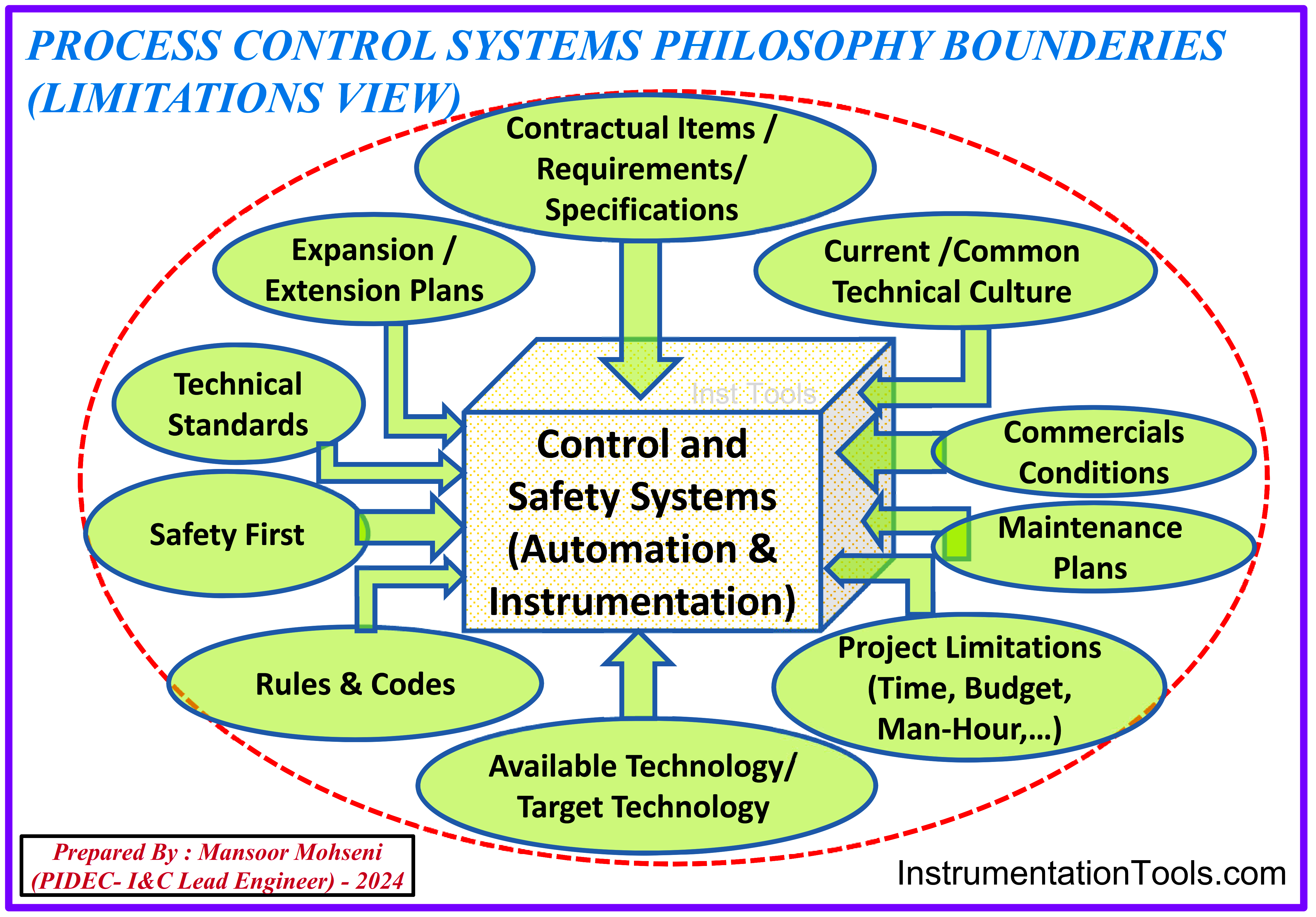
Figure-2: Process Control Systems Philosophy Involvements from Limitations View.
1. Safety First
The most important considerations in any design project shall be safety items due to following the “Safety First” Concept. Safety requirements may help the I&C-Team designers clarify some exact boundaries for requirements and specifications.
On the other hand, although the consideration of safety items is clear, but what may make discussions or ambiguities, are the required/ applicable level of safety to the design. In fact, the expected safety level may be very high or unlimited, but the contractual boundaries may limit the (boundary) level of safety for the project, and often different exegesis and interpretations (or even misinterpretations) of contractual items of the project (due to considered contract budgets) may cause discussions and ambiguities.
It shall be noticed that regardless of such possible discussions or ambiguities, the type of project (process plant) may draw some usual boundaries for required safety. As an example, the safety considerations for oil & gas and petrochemical plants are normally high, but surely the required level of safety for Nuclear Plants will be much more (or similarly the required safety for space-crafts or big human transportation airplanes is much more than small airplanes or carrier airplanes).
However, from the safety point of view, the applied safety to the project plant shall not go under minimum levels, since otherwise the project inherently will have the potential for occurrence of (bad) accidents.
In fact, I&C-Team designers don’t have allow to be careless about safety items or to devote (minimum) safety considerations due to commercial views.
Also, project client specialists shall know although the more requested safety level is very good (and may reduce the risks) but to reach the higher level of safety they shall decide on more pay (in comparison to future possible savings). Simply they shall know that by paying a price equal to “Silver” they may not reach to “Gold”, while at the same time they shall know that the safety considerations need payment, and as much as they pay more in this regard, they can reduce the risks of occurrence of accidents or bad events in future (by which they will be some money savings, which the value may be more than paid budget!).
So we can conclude that as much as the boundaries of safety requests and relevant amount of hardware & software requirements were clarified in the project contract the discussions on the level of accessible safety will be less and the provision of Process Control Systems Philosophy will be quicker, and otherwise, the project client specialists and contractor team shall negotiate to reach an equilibrium level of safety (for more than minimum possible level).
HAZOP and SIL Study meetings are two project prospects that in which the safety discussions may appear and reaching the equilibrium points at these meetings will have great effects on possible changes for Process Control Systems Philosophy. HAZOP and SIL study meetings can finalize the required quantity of safety signals (/instruments) and the required quality specifications (SIL Level) for the implementation of each safety loop.
2. Contractual Items /Requirements/ Specifications
The project client-requested targets (for the process plant), are mainly explained in Project Contracts and relevant documentation such as Requirements/ Specifications and have great effects on the development of the Process Control Systems Philosophy. Based on such items the overview of required systems and level of functionalities will be clarified and so approximately the boundaries of Process Control Systems Philosophy will be identified.
However, during the execution of the project (Detail Design), the project client (or their consultancy agents) may request for new items and functionalities which may change the structure of the considered Process Control Systems Philosophy too (of course in the case of contractual acceptances). As much as the project client requests (the requested targets and relevant definitions) are clearer, the development of the Process Control Systems Philosophy will be better and quicker.
On the other hand, such clarifications don’t mean interferences and superfine ideas of project client (and MC) for their direct engagement in the development of Process Control Systems Philosophy, since in such cases the boundaries of the scope of responsibilities will have ambiguities and on the case of any problem or weak design it make great discussions.
Also, the project client request should not be very (or even quite) specific (on system types and models or particular specifications) in such cases the flexibility for developing Process Control Systems Philosophy will be very limited and the hands of designers will be closed to reach the best possible results.
Sometimes the project client requests may have conflicts with other project-approved limitations/ obstacles such as technical standards or codes (which are not acceptable from the designer’s point of view) and can produce big discussions and hold points. In such cases, if the project client insists on their requests and accepts the responsibility for the consequences of future problems, the Process Control Systems Philosophy may be developed by an illegal structure.
Generally, the project client’s clear requests and clarification helps may have good effects on the development of the Process Control Systems Philosophy, while more interferences may remove the required integrity and validity of I&C-Team documents and activities.
In fact, as much as possible, the disagreements between the project client and designer team shall be minimized, and as they have close views to Process Control Systems Philosophy concept, it will be developed better.
For reaching to this point it is necessary that the designer team try to understand complete project requests and apply to find some solutions for required structure, and on the other side, project client shall understand and be familiar with other project limitations applied to designer team.
Generally they shall have collaboration (meetings) instead of debate, and by suitable sympathy they shall solve the problems and make the best configurations (settings) for Process Control Systems Philosophy, which in such case the project execution will be done rapidly and accurately, and also the plant performances at Maintenance & Operation phase will be well and very high.
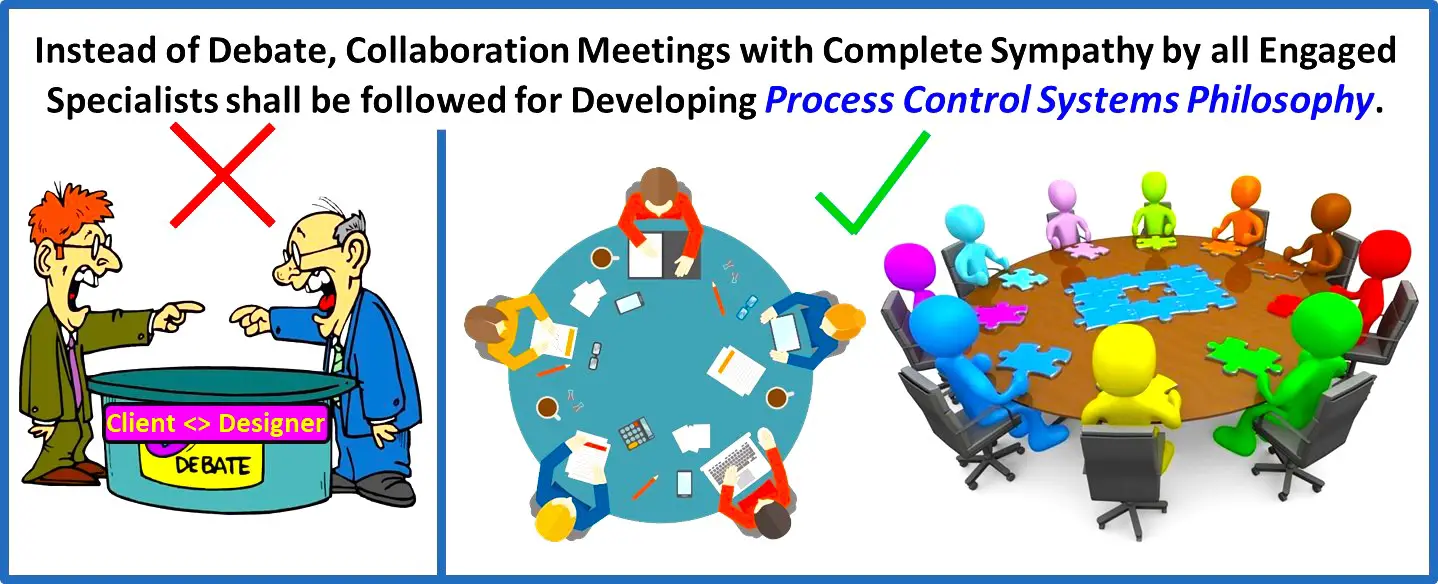
Figure-3: Collaboration Meetings Instead of Debate for Developing Process Control Systems Philosophy
3. Project Limitations
The contract between client and Design Company indicates many boundaries of project (including Time, Budget, and Man-Hours …) which will have great effects on developing Process Control Systems Philosophy. Contractual Limitations may cause forces to Design Company to select the simplest, soonest, or even cheapest solutions for systems and instruments inside Process Control Systems Philosophy and this approach may reduce the possibility of reaching to the best performances.
For example, sometimes such limitations may cause the required hardware and software to be combined in one block instead of dedicated blocks or to decrease the future functionalities or availabilities by reducing the similar required items (such as spare parts).
As another example we can notice to type of Instrument Selection. Consider that for action on boundary limits of one process parameter (as example Liquid Level) we can use switch type instrument instead of analog continuous measurement (of course if no other condition forces us for analog selection) may reduce the considered project budget.
It shall be mentioned that project limitations inherently may not have necessarily the bad effects on developing Process Control Systems Philosophy, but it can be considered as one condition to be considered by skilled and expert I&C-Team for designing the optimum Process Control Systems Philosophy with good performances and including the main required functionalities/ facilities of project (and ignoring some less effective items). The above two mentioned examples in some cases can be considered in this regard.
4. Commercial Conditions
Some commercial conditions which are applied to the project may cause some limitations for developing Process Control Systems Philosophy. As an example due to such limitations, Designer Team may have some forces to ignore some solutions (systems and instruments) or reject them and obligated to replace them with other solutions that cause some changes or modifications on Process control Systems Philosophy.
Below some of such limitations are mentioned:
- Selecting the Suppliers/ Vendors from Approved Vendor List (AVL)
- Economic sanctions which excludes some Suppliers/Vendors from Approved Vendor List.
- Some Suppliers/ Vendors may be considered in Black List due to their bad actions or outputs in previous projects.
- Supplier/ Vendor of system or equipment may be don’t supply some of required project documentations.
- Supplier/ Vendor of system or equipment may have some limitations on technical supports, trainings, or after sales supports.
- Supplier/ Vendor of system or equipment may be don’t guarantee supplying of spare parts for requested durations (specially may be for those items which are supplied by sub-vendors or third parties).
- Supplier/ Vendor of system or equipment may not have enough flexibilities for applying some project conditions (requests) on their products (to make harmony/ in accordance to the other blocks of Process Control Systems Philosophy). It shall be mentioned here that in some cases the subject will have special conditions or facilities that designer team cannot ignore it (replaced it with others), and so they shall deviate from or change the Process Control Systems Philosophy accordingly.
5. Technical Sstandards
Technical standards make good harmonies and conditions for selecting systems and equipment which following them limits the domain of selections.
Although by extending the approved standards may increase the domain of selections, but in this care designer team shall have special high cares for matching the selected items.
On the other hand accepting so many standards, make more complexity of Process Control Systems Philosophy.
6. Rules and Codes
Similar to any engineering design, developing Process Control Systems Philosophy shall be done be considering some Rules and Codes (local or global).
7. Maintenance Plans
It is clear that I&C-Team shall be aware regarding the maintenance philosophy of equipment and systems/ devices which are used in project process plant (short time, long time, during operation), and accordingly consider suitable conditions and facilities in developing Process Control Systems Philosophy.
For satisfying such conditions they shall completely know the Client/ End User requirements and targets and applicable maintenance cultures. Also they shall have close coordination to other technical disciplines (especially package originators) for their maintenance requirements / concerns too.
By understanding such mentioned requirements, they shall apply below concepts to developing Process Control systems Philosophy.
- Safety Considerations of Maintenance activities
- Isolation Concepts (get-out, close, trip, complete stop …)
- Step-Wise or sequence of Operations and providing Manual Mode facility
- By-pass Operations or Rotes Facilities
- Continuing Equipment/ Package Operations on the case of some opened/ excluded items
- Required Spaces and areas for maintenance and operation of Systems and Instruments (or any other automation and instrumentation items) and caring for overlapping such areas with installed mechanical items or equipment.
8. Available Technology/ Target Technology
The available technologies at the execution time of Process Plant Project, may have great effects on developing Process Control Systems Philosophy. If the presented new technologies are used in some other plants and had made good results, such references are good reasons to rely on such technologies and otherwise using new technologies may have had some unpredictable problems and risks (in such case the project managers shall be ready for switching to approved technology on the case of big problems, and I&C Team shall do such replacement quickly).
On the other hand, based on the contract I&C-Team Designer may have some forces to provide Process Control systems Philosophy by using a known (fixed) target technology (as an example using Foundation Fieldbus).
However another concern from technology view point, is related to supplier of system technology. If the supplier or vendor of systems are original manufacturer then it can be suppose that they will support their systems completely and they know the detail of probable risks in their systems and so they may have some solutions for them.
But if the supplier or vendor of systems is an Integrator Company, then it may be supposed that they may not completely familiar with the system bugs and so in some cases they may have problems for finding the solutions. In this regard, software items (such as HMI Graphic or Interface Manager) are good examples (especially if the System Integrator uses not original software).
9. Expansion/ Extension Plans
I&C-Team Designer shall be aware regarding the future probable expansion or extension of the process plant, and apply some beforehand preparations in the Process Control Systems Philosophy.
Of course such requirements and the boundaries of required actions shall be clearly specified in the contract. Usually in each contract some spare spaces or hardware (and software facilities) are mentioned as default, but on the case of any expansion or extension of the plant, I&C-Team designer shall notice to some extra spares which are identified during detail design and shall inform the client for any confirmations accordingly.
The important concern for considering spares is related to type of spares which are usually defined as three types: Installed (Hot) Spares, Cold Spares (available physical spares but not completely configured), and spare space/ area for future installations.
By noticing to such concern they shall apply any preparations on items such as:
- Spaces and areas for installing (new) panels or workstations
- Electrical Power and Pneumatic (Instrument) Air, and relevant Distribution Plans for excess values.
- The Hardware and Software for configuration of required (new) IO signals
- The cablings and spare cores (/Signals) in routed cables and also available spare area in considered routes for future cablings
- Required spaces for (new) marshaling and cable entries (or even terminal blocks)
- Installing auxiliary items in panels (like Power Supplies, Isolator Barriers, Relays, and so on) for extra use
- Considering extra CPU loads and computational loops (for extra loads)
- The future possible additional HMI Graphic pages….
10. Current/ Common Technical Culture
The designer team shall know that the final (end) user of provided control and safety systems are field/ site operators, and the output quality performances of such systems depends on their knowledge and activity routines, and so they have effects on Process Control Systems Philosophy.
The level of knowledge, skills, and experiences of site operators shall be studied by help of project client/ site (operation) specialists. It is important to know that the project site operators will be totally new or some expert operators from (previous) similar plants are existed between them. If all of them are new, by suitable uniform trainings they will be ready (and expected to have) similar actions and operations and so the process plant will be settled by fixed new routines and procedures.
Otherwise the expert operators (from other plants) will continuously compare the new plant with their previous ones, and may have different requests and actions, and so they may cause different operation routines and procedure in the plant. It shall be noticed that some different (un-expected) actions may produce some risks to process plant operations. So it would be better that I&C-Team to be (approximately) familiar with such (existed) experiences in other similar plants, and as much as possible study them and try to implement some applicable routines.
In any cases, exact investigations of site operator culture may help designers (via project managers) to design and provide suitable trainings and documentations (procedures and operation manuals) for uniform best (expected) operator’s actions based on designed Process Control Systems Philosophy.
References:
- Process Control Systems Philosophy Concept
- System architecture and process control systems philosophy
- 30 concerns for process control systems philosophy
- Instrumentation Design Engineer Roles & Responsibilities
